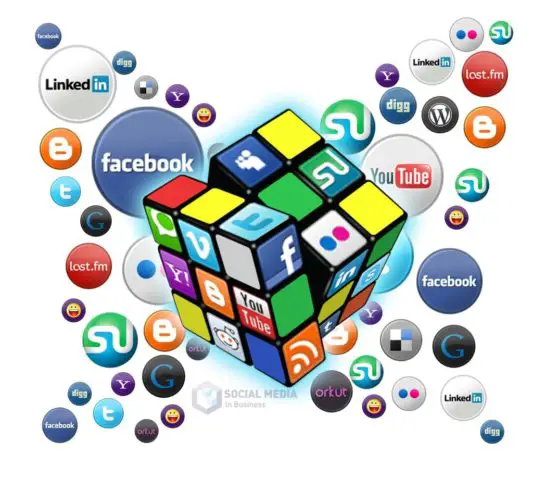
The influence that the Internet has had in our lives is really deep; it has managed to penetrate all spaces where each person develops day to day, from sharing a moment with a friend, with the partner, with the family, with the workgroup, sending photos through instant messengers, ordering a pizza or buying a phone. Until a few years ago, if we wanted to read a newspaper we had to buy a paper edition. Today we’re just one click away from reading our local newspaper and that of any place in the world, with the permanent updating of contents.
The advancement of the internet has launched a debate on how on-line communication frees the individual from geographical restrictions and unites people around new communities of interest that are not tied to a specific place.
We live in a networked and globalized society, united through new technologies. The Internet is our tool for relational interaction and poses new challenges for privacy and security. Thus, information technologies have forged fundamental changes throughout society, enabling the transition from the industrial era to the era of networks.
The Internet has changed trade, education, government, health, and even the way of relating effectively. It could be said that it is the main instrument of social change today. It has affected social communication. There is no doubt that digital communication technologies continue to gain ground and transform our social habits and possibilities, and have done so especially among the young.
Internet and its impact on education.

The Internet has had a remarkable impact on all levels of education, providing learning without borders, without limits. It is said that the future of education is networked. Online, people can collaborate to create and share knowledge, and develop new ways of teaching and learning that capture the attention and stimulate the imagination of students at any time and place. In addition to connecting and enabling students and educators, we can accelerate economic growth and improve social well-being throughout the world. The Internet also allows students to work collaboratively and interactively, eliminating space-time barriers and material impediments.
Among other advantages that the Internet provides in the field of education is the possibility of it being a source and archive of interchangeable knowledge, as we have access to libraries, encyclopedias, art galleries, newspapers and other databases from anywhere.
The Internet is also a great tool to improve the knowledge and practice of other languages, an eternal task pending in many countries like ours and that it is imperative to improve in a globalized world.
The Internet creates technological dependence

With the Internet, the person begins to discover hundreds of offers and activities that allow ease of communication, commercial exchange, information sources, blogs, and social media. Due to this influence, it can create a technology-dependency, especially in young people who use it unregulated. This dependence also creates new habits and customs in our daily lives that sometimes are not that positive. In these cases, the influence of new technologies at the family level does not seem to be very constructive, in some cases, they even go as far as to destroy the inter-family relationship in different ways, children prefer to spend more time on the Internet or the Cell phone than to be sharing moments with their parents or helping at home.
The presence of the Internet today is necessary as technologies require adaptation and constant updating to the new social times. Effective and positive influence on each one of us and in society depends on the correct use we can learn to give it.

